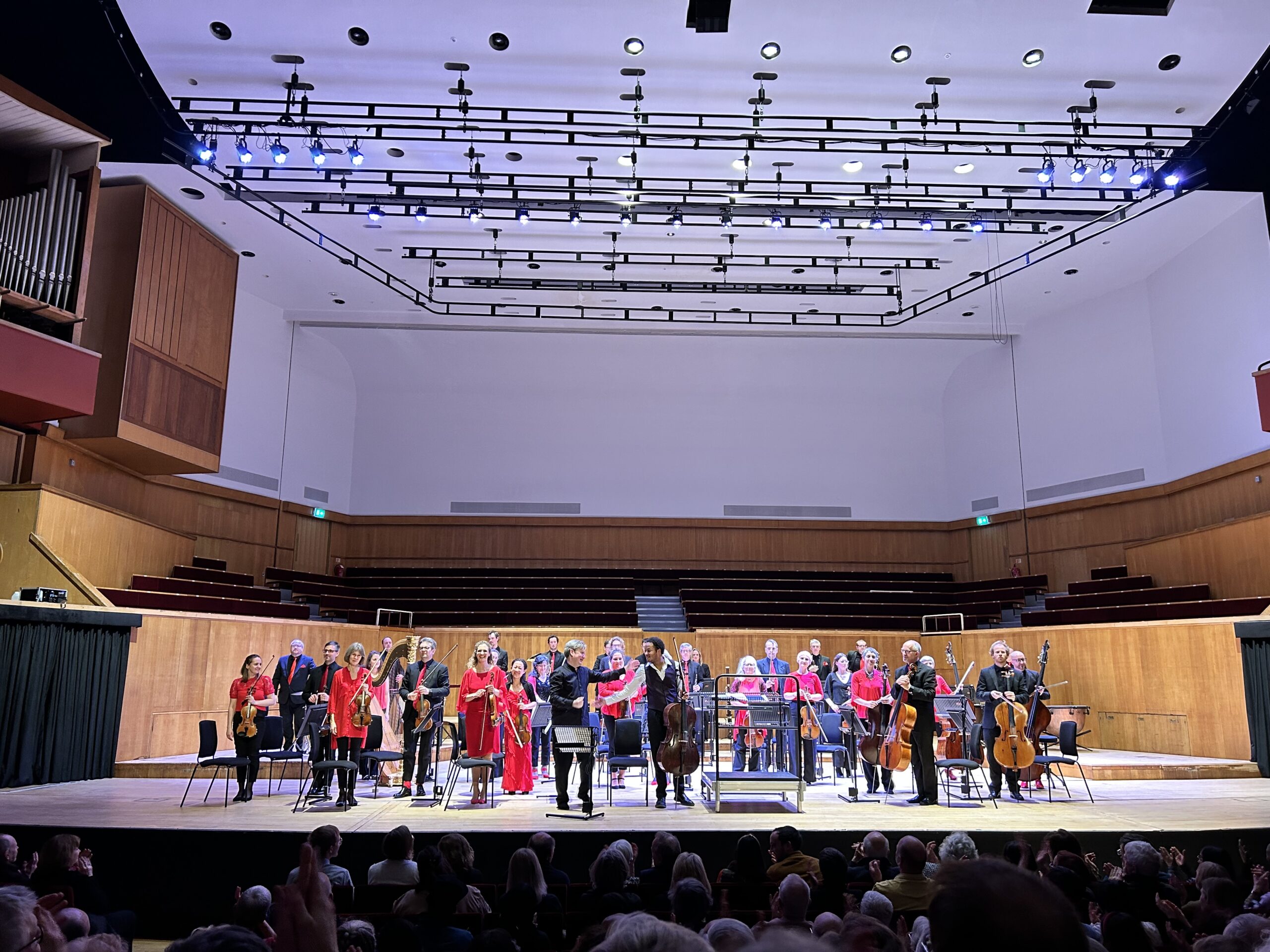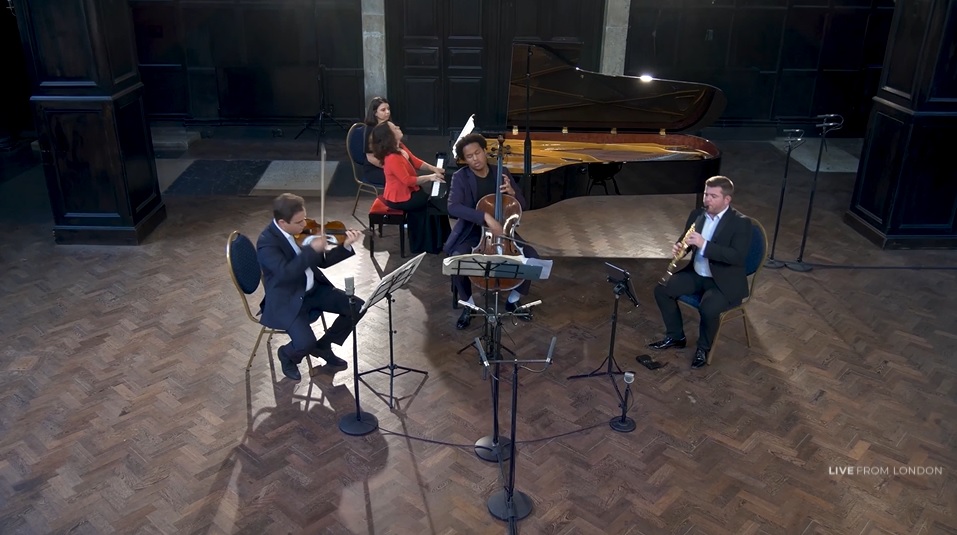Tag: Sheku Kanneh-Mason
-

London Mozart Players and Sheku Kanneh-Mason at Fairfield Halls
Increasingly my concert-going experiences start long before the first note is played and extend beyond the music heard in the auditorium.
-

‘Quartet for the End of Time’ on Live from London’s Summer 2021 series
Elegant direction combined with a post-performance discussion brimming with natural rapport makes this digital stream something very special indeed. A blueprint.
-
Nicola Benedetti, Sheku Kanneh-Mason, and Sir Simon Rattle speak to DCMS’ Oliver Dowden about the needs of UK orchestras post-lockdown
Sir Simon Rattle to DCMS’ Oliver Dowden: “We are poised and ready for collaboration, to urgently save our industry and its thousands and thousands of jobs.” I read Sir Simon Rattle’s Times interview first thing on Sunday morning in bed as soon as I woke up. Take it from me this is not the best…
-

BBC Proms 2019 – 11: Sheku’s Elgar Cello Concerto and Dieter Amman’s Piano Concerto
The crazy perfection of Dieter Ammann’s piano concerto, Sheku’s much-heralded performance of Elgar’s Cello Concerto, and what happened when I bumped into a Proms commentator